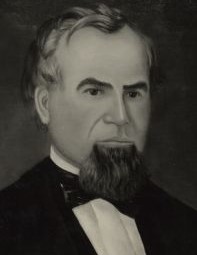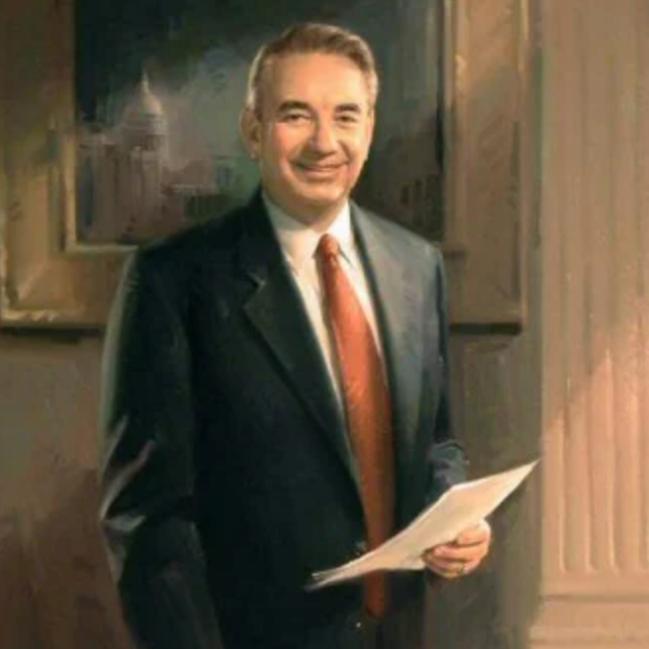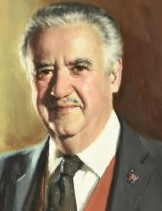Wisconsin
Gov. William R. Taylor
- January 5, 1874 - January 3, 1876
- Democratic
- July 10, 1818
- March 17, 1909
- Connecticut
- Married Catherine Hurd; three children
About
WILLIAM R. TAYLOR was born in Woodbury, Connecticut. Orphaned at a young age, he was raised by neighbors, who took him to live on a farm in New York. In his early twenties, he moved to Ohio, where he taught school, farmed, and for a brief time studied medicine. Ultimately settling in Cottage Grove, Wisconsin, he became chairman of the city and served as a member of the Dane County Board (twice as chairman), as County Superintendent of Schools, and as County Superintendent of the Poor. He was trustee of the State Hospital for the Insane in Mendota from 1860 to 1874. He was also president of the Dane County Agricultural Society for seven years and president of the Wisconsin State Agricultural Society. In 1854 he began a term in the State Assembly, followed by two years in the State Senate. Although a Democrat, he supported the North during the Civil War and headed a Reform-Democratic ticket that swept executive and legislative elections in 1873 and won him the governorship-the first gubernatorial win by a Democrat in sixteen years. Reform-minded, Taylor paid for his own inauguration, refused free railroad passes and telegrams, and was able to secure drastic reductions in appropriations, taxes, and the number of state employees. He was urged, however, to favor railroad interests, while Republicans-blaming their election losses on their failure to support railroad control-were successful in enacting legislation (known as the Potter Law) to more stringently regulate the railroads. Ultimately, the state Supreme Court’s chief justice-appointed by Taylor himself-upheld the Potter Law’s assertion of state jurisdiction over the railroads, leaving Taylor without Democratic support and vulnerable to defeat by the Republican gubernatorial candidate in 1875. Impoverished in his later years, Taylor depended on charity at the Gisholt Home for the Aged in Dane County, where he died.
Source
Sobel, Robert, and John Raimo, eds. Biographical Directory of the Governors of the United States, 1789-1978, Vol. 4. Westport, CT: Meckler Books, 1978. 4 vols.
The National Cyclopaedia of American Biography, Vol. 12. New York: James T. White & Company.











